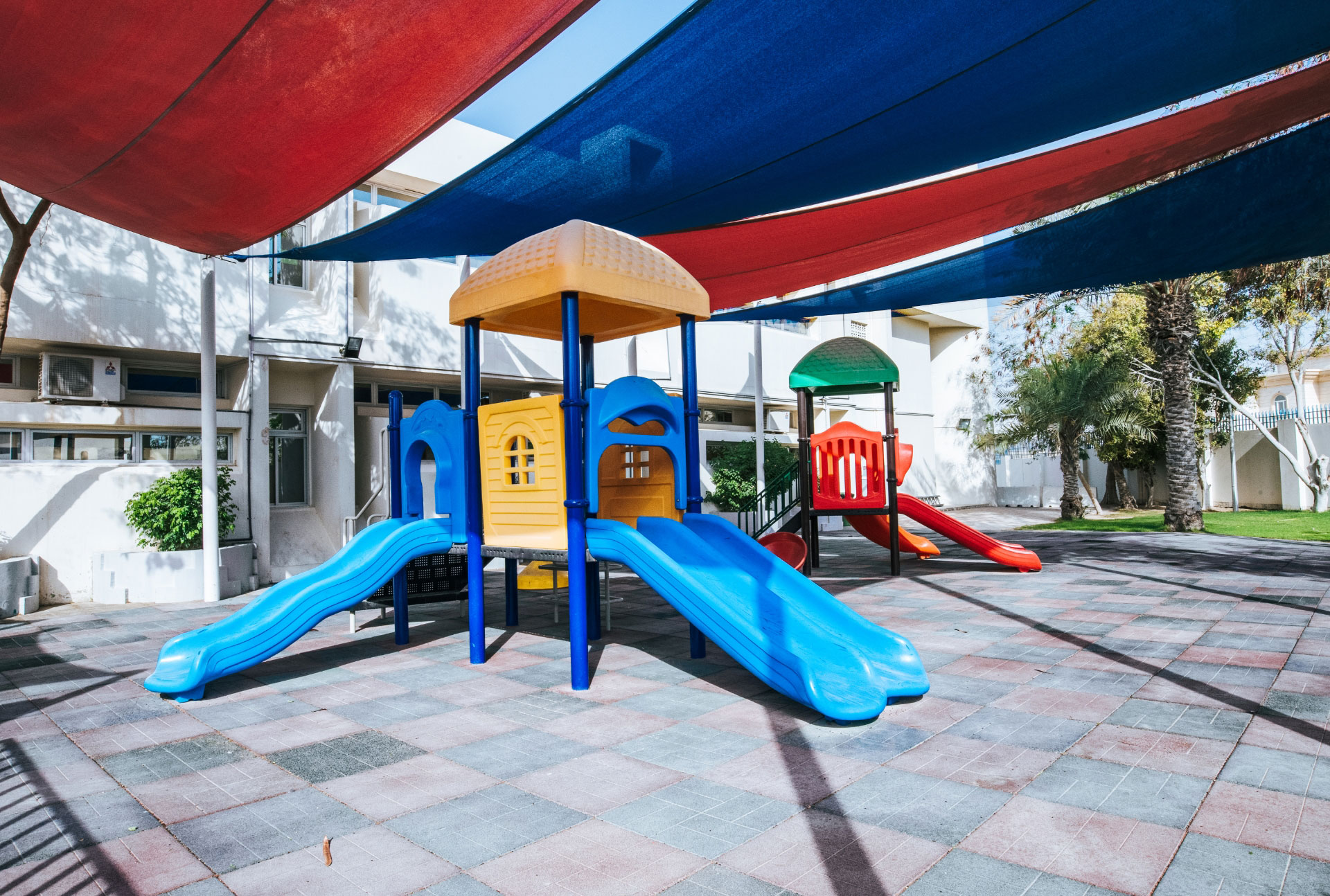July 27, 2021

By Steven Miles
Schools, no matter where they are in the world, are only as good as the teaching & learning which takes place in their classrooms. All sorts of impressive accreditations and awards can be displayed in foyers and on websites, but if the teaching & learning isn’t of the highest possible standard, then it’s not a great school, basically. When parents are trying to find the right school for their child, this should always be the first thing that they look for. But, how can this be done? How can parents actually begin to get an accurate picture of the quality of teaching & learning in a school? The answer is usually quite simple: go and speak to the principal.
If the standards of teaching & learning in an international school are high, then the principal should know exactly why this is the case. Neither great teaching nor outstanding learning happen by accident and both are always a result of incredibly clear expectations of what teaching should look like and simple systems of monitoring effectiveness over time. Nothing can be left to chance when it comes to ensuring that superb teaching & learning is happening each day, and although many school leaders would argue that consistency is key to success it is also attention to detail which allows the top notes to be reached.
When all boxes are ticked, when you have great teachers who have been recruited with care by school leaders knowing exactly what it is that they are meant to be doing in terms of teaching and learning and the leaders themselves regularly visiting lessons to ensure that high standards are ever-present, this is when great things happen. When leaders, such as principals or heads of school, know with precision what is going on in each classroom and what needs to happen in order to secure further improvements – because there’s always something you can do to be even better – then schools become places where high standards are the norm. Parents should always immediately ask school leaders about not only whether the quality of teaching & learning is high but also how do they know? If there is ever any uncertainty from a principal in this regard, it’s maybe time to look elsewhere.
In an international fee-paying context, challenge also needs to be present in lessons for all students all of the time. Schools which employ somewhat archaic strategies of only providing the greatest challenge to a selected number of students are not only missing the point about what young people are entitled to but also ignoring a great deal of important research (such as Rosenthal & Jacobson) which clearly demonstrates that attaching labels to children can be a wholly damaging process. With the correct educational diet in place, all students are capable of securing the highest academic outcomes, but if some are limited by teachers in terms of what they are able to achieve because they aren’t in receipt of appropriate challenge in all lessons, then this surely just isn’t fair.
It’s not solely about exams and grades, of course. Getting brilliant results in external examinations such as IGCSEs, A-Levels and IB courses are of huge importance, obviously, but school leaders also need to think about the social and personal skills of the young people in their care. Working in tandem with the efforts of parents, schools should have clear systems in place for the effective character development of students. Having certificates which prove how great you are at English, Maths, Science and so on are going to open lots of doors for students as they make progress through their academic and professional careers, but if they don’t also know how to handle certain social situations or if they haven’t developed ethical practices in line with the society in which they live then the chances are that their grades might not be enough.
With this in mind, parents should also ask principals about the pastoral care in the school. What is the purpose of the systems in place and what are they designed to do? Just as it is with academic learning in classrooms, measures for ensuring that outstanding student behaviour is present at all times should be focused upon providing opportunities for young people to learn everything they need to know about appropriate social conduct. Same as with adults, this will also involve making some mistakes over time, being steered towards better choices and ultimately becoming self-regulating in the sense that individuals know what constitutes excellent personal and professional conduct. To this end, the adults in a truly outstanding international school should be role models for the young people in their care. Regardless of their position in the school, every adult who works in a school is a teacher because every interaction with a young person provides an opportunity for a young person to learn something, so standards must always be of the highest possible standard at all times.
Once parents have chosen what they believe to be the right school for their child, it’s vital that they then feel that they have genuine opportunities to have their voices heard within the wider school community. It should never be difficult to contact either a teacher or a senior leader and responses should never take too long to get back to them. Having constantly open channels of communication between home and school are not only essential in the modern world of phones, laptops and the internet being everywhere but also relatively easy to achieve. On occasions, parents may also want to join parent committees – if any such groups exist – or to meet with teachers to discuss ideas for improvements, and great schools will always have such provision in place. Similarly, the best schools will always both send out regular surveys to parents and look to use findings to affect positive change. Parents will know whether or not they feel that their voices are being heard by the school and if this isn’t normal practice then they should ask to meet with the principal so that processes can be put in place.
Schools can be great for many reasons, but perhaps the most frequently overlooked point is what it feels like to either attend or visit the school itself. Parents should know that the climate is a positive one the moment that they enter the school site and students should look forward to going there every day because it’s a genuinely enjoyable and rewarding experience. Schools are like extensions to a child’s family, and no one wants to belong to a family where they don’t feel loved. Choosing the right school is a big decision for parents, especially in an international context, so this is something that parents need to be sure is done correctly. Find out about the school first, basically, and you can do this by speaking to the principal and visiting the place itself.














